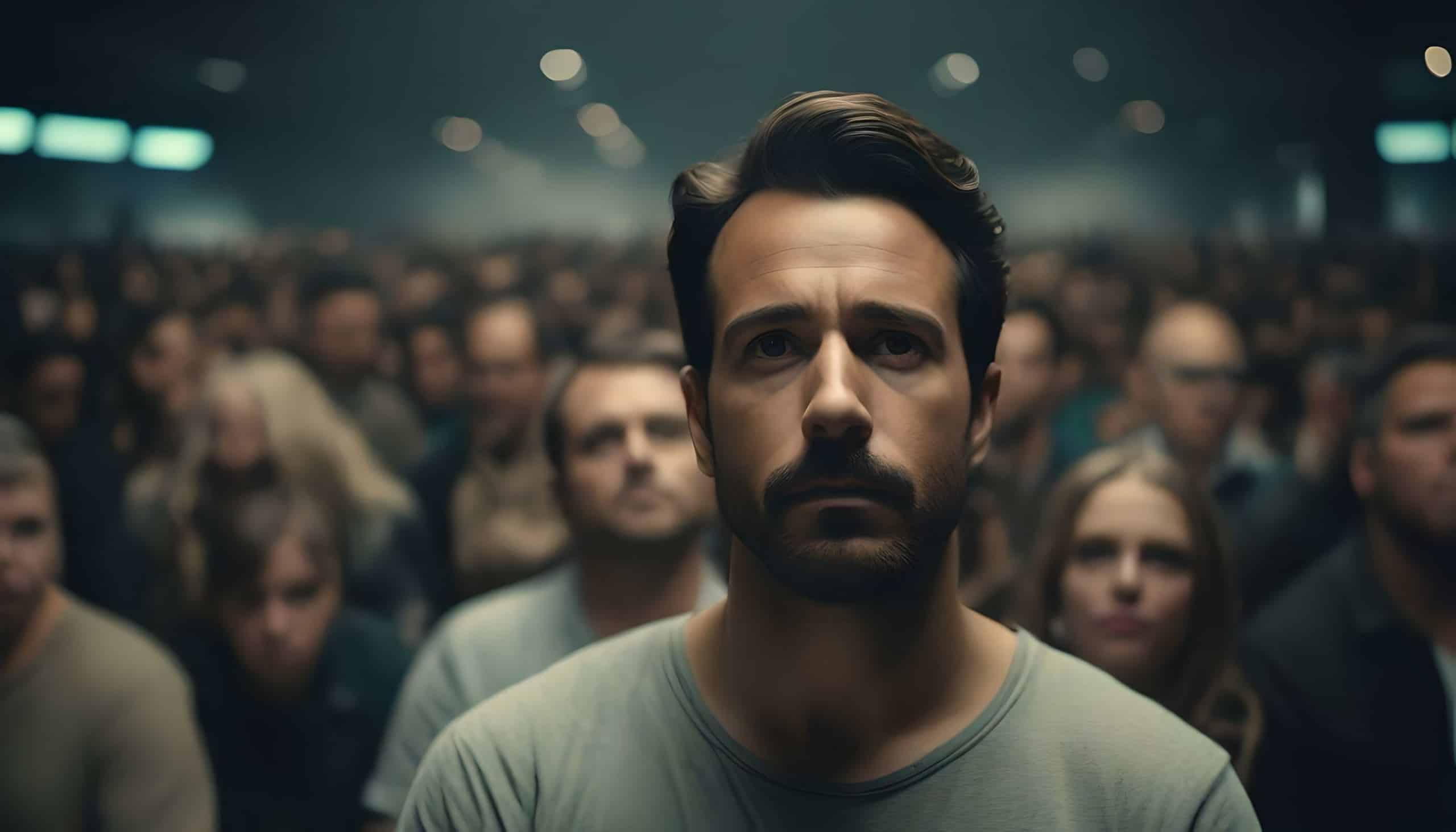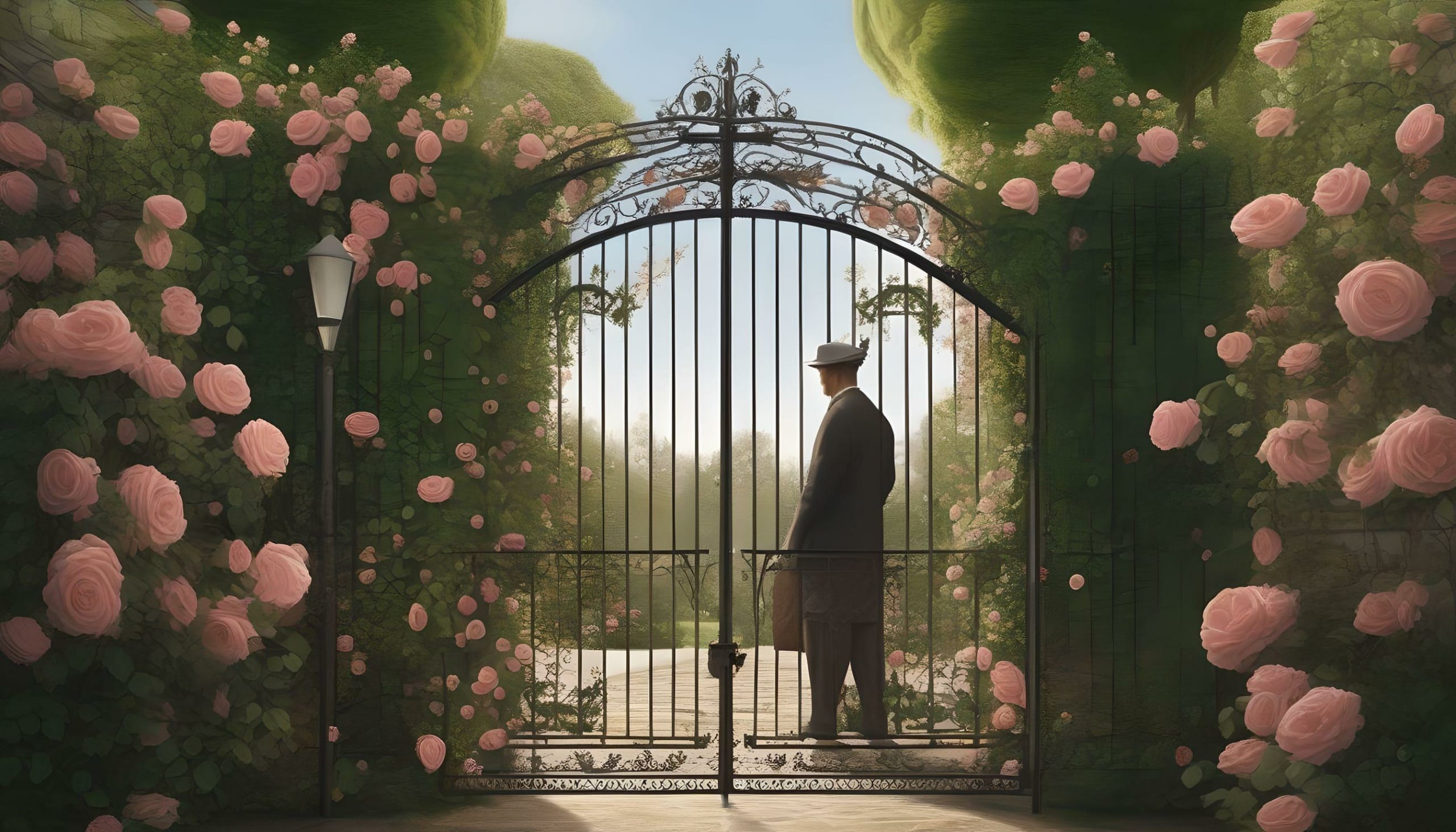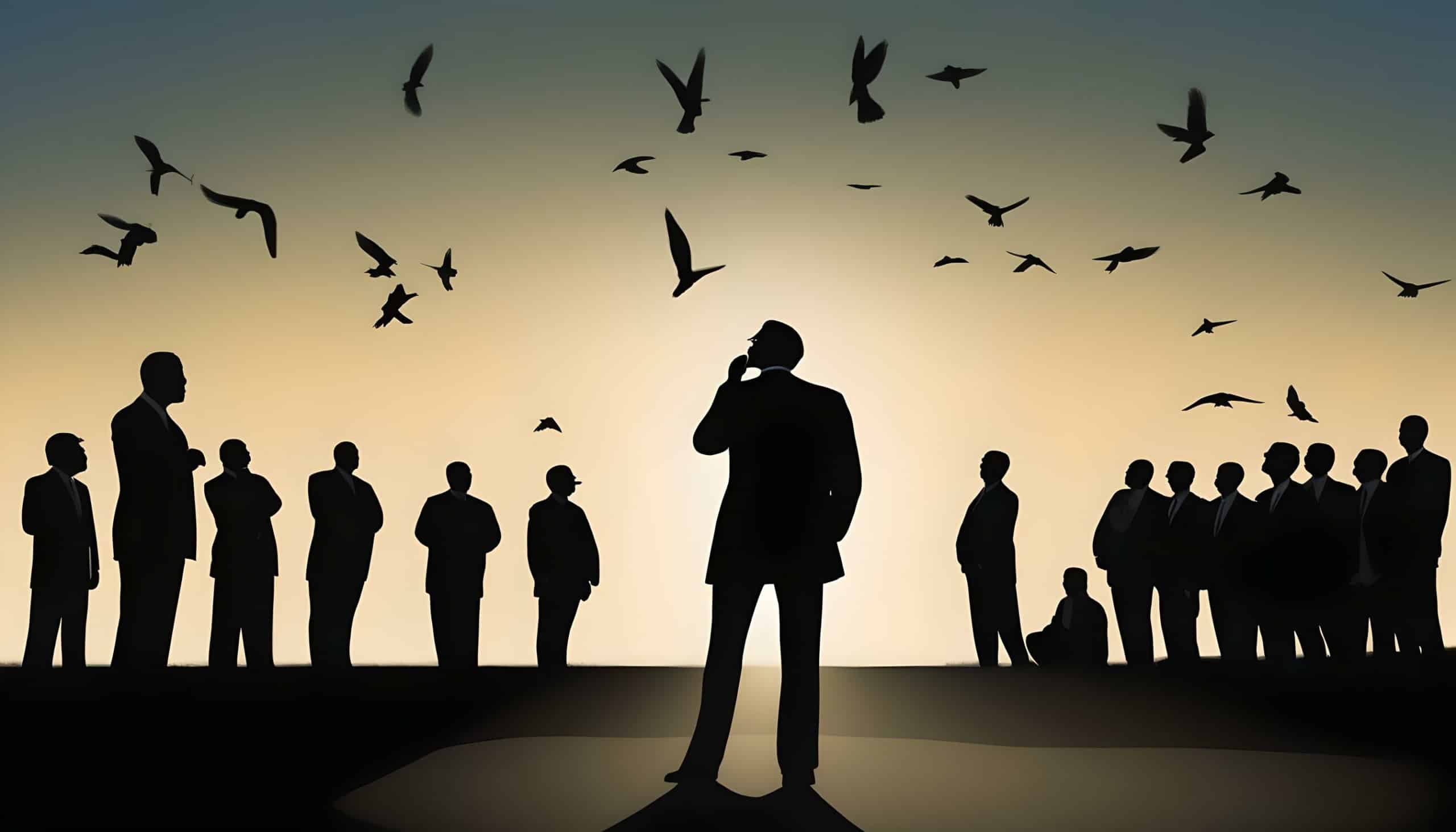
My finger hovered over the button for an uncomfortably long time. “To publish or not to publish, that is the question.”
Lord knows I’m no Shakespeare, but I did wonder whether it was better to suffer the slings and arrows of derision (I still have Alex Manley’s 2011 schiess-piece “No to Movember” resonating in my head even now, in which he stated that Prostate Cancer is the ultimate form of “male privilege”) than expose a private side that I did not want others to see.
Manley is not alone. Even though he wrote a pathetic and politically-expedient mea culpa soon after, and the original article was taken down (you can see a pretty good summary of it in the link above), he has since expanded on his “you poor men, you think you have it bad but you’re really just all assholes” career contributions.
As a result, I had this final quote haunting me as I debated to press the “publish” button:
“Prostate cancer is a hallmark of privilege. Deal with it.”
I know very well that there are a lot of people who think that way, that any medical condition that men have is the equivalent of “man flu,” a term used to derisively dismiss any ailment as not worthy of consideration.
“Oh, Bob? He’s just got the man flu. It's not really all that serious. The casket's just for sympathy.”
The end of my blog, though, was a posthumous thank-you to my friend Glenn, to whom I genuinely believe may have saved my life. I looked him up as I was writing the blog, only to find out that I was two years too late. I never got to tell him that his speech – a simple, 5 minute speech he made more than 20 years ago – had resonated with me and affected me. I never got the chance to thank him.
I pressed the button, and away it went. In for a penny, in for a pound, I posted the blog to Twitter and LinkedIn, hoping that someone would read it and I could pay Glenn’s kindness forward. My intent was – and still is – for someone to read it and go get checked out even if everything seems okay.
What happened next was shocking.

The Problem Is Bigger Than I Thought
As I write this, it’s been about a week since I posted the article. Since that time, I’ve had no fewer than two dozen people reach out to me – both publicly and privately. Mostly privately.
All of them have had, or in the process of, their own cancer scares. Some are undergoing very painful treatment even now. Their lives have been turned upside down, it’s put strains on their relationships, and in an expression of incredible generosity they all reached out to me to make me feel better about what I had been going through.
It’s okay. I understand. Believe me, I know.
As I learned more about what they were going through, I started noticing some patterns in what they were telling me. There were too many things in common to simply dismiss these experiences as coincidences.
The first thing I noticed was that this is a huge problem. Many of the men I spoke with were under 50, which means that waiting until then (which is the recommended age to start getting tested) may not even be the best course of action. It also means that there are a lot of people that you know who are undergoing this right now.
They just haven’t told you.
I started thinking more and more about these discussions, and I thought I’d write some of these thoughts down in the hopes that it will help me sort through them. There’s no call to action here (other than once again, please go get yourself tested and don’t wait until it’s too late), no magic words to say to someone who is going through this, no panacea to be found.
But perhaps there may be something in here that helps you understand what is going on. If you know someone who is going through this, or if you are going through it yourself, perhaps you can find some acknowledgement or recognition in other men’s experiences.
Please note these are not universal truths – everyone is different, of course. These are just common themes that I’ve seen repeated in the conversations I’ve been having.

The Sounds of Silence
There is a reason why Alex Manley deserves the unmitigated and undiluted hatred, even now. While he didn’t start the insanity, he certainly perpetuated the call for silence:
“[Talking about having cancer] is privileged guys pretending they have it as hard as people with real problems.”
There you have it in a nutshell. Don’t talk about it, because no one cares. It's not even a 'real' problem!
This is a story told over and over again in the anecdotes and minds of guys who have to deal not only with their own situation, but the knowledge that there is no actual sympathy to be found.
Take, for instance, a personal anecdote: my uncle passed away from pancreatic cancer a few years ago. It was his third cancer attack. Every time they thought he was in remission it seemed like another part of his body was succumbing to the onslaught.
Pancreatic cancer is horrific by all measures, and survival rates are pretty bleak. The best-case scenario (Stage 1, localized) is just under 40%. Stage 4 pancreatic cancer patients have a less than 3% survival rate.
At the time my cousin was in college, and had to watch her father suffer through the disease. It caused her indescribable amounts of stress, which of course left her having conversations with others about what she was going through. When one of her schoolmates asked her about why she was so upset, the reaction wasn’t what she expected.
“Well, at least it’s not breast cancer, so it’s not all that serious.”
No sympathy. No concern. Not even a modicum of respect for the fact that she was struggling. Only a dismissive wave of the hand that it wasn't worthy of two seconds for consideration. With reactions like this (and Manley’s), is it any wonder that men simply don’t bother to speak up at all?
I don’t think it’s unreasonable to say that the reasons why these men reached out and spoke up was because they were really aiming to help me cope with what I was dealing with, not to seek out or solicit any emotional outpouring for themselves. By the way, I simply don’t have the words to express how grateful I am about that. It’s a huge deal to open up something so personal and vulnerable, and I am humbled by that willingness to do so.
If there is a lesson to be learned here, it’s that these moments only require the ability and willingness to listen and appreciate the spirit with which it’s intended. There was no ‘one-upsmanship,’ no ‘woe-is-me,’ no ‘you think you have it bad’ attitudes. Instead, it was all about how we all have those thoughts and we have to deal with them the best we can.
It’s just that many men go through these thoughts completely stoically and alone. As I hovered my mouse over the “publish” button, it’s not difficult to grasp why.
One of the things that people said to me was, “I wish you could/would have told me.” Even now, I don’t really understood why that would have been useful. There’s nothing that anyone could have done, and I really didn’t want anyone to feel burdened by that knowledge. It felt unfair to risk someone to feel guilty because they can’t do anything to help.
But how many people have decided to stay silent because of people like Alex Manley? Probably more than we would like to admit.

No Time Enough At Last
One of the key things that resonated day in and day out was just how much work there is to do. "Getting your affairs in order" was far more monumental than I thought it would be, once I started taking serious stock of my situation. That thought hasn’t simply gone away. My situation hasn’t improved when it comes to having too many outstanding tasks that I can’t afford to leave for my wife or friends to clean up in case something goes wrong.
As I talked with these men who were going through their own horrors, one thing became clear – they now had to work harder than before. Between doctor’s visits, preparations for surgery, treatments, additional exhaustion, and stresses in family life, they still had to take their kids to school, show up at work, be the reliable husband, father, and employee; in short, act as if everything was "standard operating procedure."
Not one single person mentioned taking any ongoing time off to deal with being sick.
One of the things that causes a great deal of stress is the knowledge that you have things that need to be done, and no time to do it. For me, as I went through my never-ending list of things that I had to get done, I did ponder who I could ask to help. The answer was for most things, no one. These are things that I needed to do, decisions that I needed to make. They weren't the kind of things that could be delegated.
It seems that time is the one thing we don’t really hear about very much when we talk about those who suffer from severe illnesses. Just because you have to add in all of these doctor’s appointments, preparations, and the like, doesn’t mean anything else gets taken off your plate.
In talking with people, if there was one thing that seemed to be a constant, recurring theme, it was “time is the enemy.” This is true not just in how much is left, but in all of the things necessary right now.
If there was a magic way to give people more time, we’d have figured it out by now. I suppose that if someone is willing to open up to you about the stresses and pressures of time, it might help understand a little better. Perhaps it’s not so much a matter of offering to take things off their plate, but also preventing new things from being put on there in the first place.

The Key To Relationships Is Key
Another aspect that I found in almost every single person I spoke with was the nature of their relationships plays a hugerole in how they cope.
Now, this is by no means a surprise, of course. We all know how a partnership or marriage adds to or reduces stress overall. Take on a terminal illness, though, and now we’re talking an exponential increase or decrease (and I don’t mean that figuratively).
I am very, very fortunate (anyone who has ever met my wife has told me so!). My wife would do anything for me, and I for her. As I mentioned in the last article, she couldn’t have reacted better if it had been scripted.
Then I heard about others’ experiences. Those who had supportive spouses and partners attacked the illnesses with verve and determination. Those who didn’t, well, let’s just say that many of them are on the long-tail side of treatment durations.
This is, of course, tricky. Being the spouse or partner of someone who is terminally ill is its own special level of hell. Generally speaking, men don’t want to be coddled or treated as less than who they are. They see it as disrespectful. At the same time, they do need a reprieve from the added pressures that being sick has brought upon them. Add to that a notorious inability to communicate those thoughts and feelings in the moment and you have a recipe for disaster.
Here, I have no suggestions or advice, only a mere observation. The consistent theme here is that men who have support during this rough time appear to fare better and are reporting fewer moments of deep depression (which brings additional health issues) than those who don’t seem to have supporting partners.
It appears that the single greatest factor in mitigating the experience is supportive partners. They are attuned to the mercurial situation better, they react faster, and are in a better position than anyone else to neutralize the extremes of emotional reactions. Quite simply put, it’s a huge role to play in helping someone get better.
It’s not fair, of course. To ask someone to take on that additional responsibility, to look askance when your partner is being difficult to live with, is rough. Of course, none of this is ‘fair.’ None of it is easy. Yet, if its possible to help in some small way – look the other way when the socks are left on the floor, drop off the kids at school just one more day per week, leaving ‘urgent’ issues until after the TV show (that gets his mind off of his situation for a few moments) is over – it will go a long way. More than that, it might just help him regroup his energy and find the will for just one more day.
Sometimes that "one more day" may seem as far away as the moon.
One of the things that may be useful (I know it was for me), is to go to the doctor’s appointments with him. Do whatever it takes to be there when the news results come back. This will help him avoid needing to talk about it and relive his emotions he felt when he got the news, answer your questions that he may not have thought about at the time (which in turn will just make him feel worse), or be concerned about being the source of your confusion and stress.
Hmm, I guess I had some advice after all.

A Final Thank You
I have two final "thank yous" that I wish to express.
First, to my friend Glenn. When he was going through his treatment, I often took time out from work to go visit with him and brought him loads of DVDs for him to watch. It was a bit easier for me at the time because I owned my own consulting company and could be a bit more flexible. When I could do it, it helped him think of something other than the chemo - or so he told me. Most of the time, though, he didn’t feel up for company, so I just left the videos with him. Other times we played cards or Scrabble (he was an insanely good Scrabble player - I only beat him once, and I'm convinced he let me win).
Watching Glenn go through his ordeal was an eye-opener for me. He never lost his sense of humor (he was notoriously funny), that often dove deep into the darkness of his own cancer experience. He showed me how to handle the situation, showing both vulnerability and incredible humanity. I now know he was in much more pain and in far worse shape than even I knew, and I spent quite a bit of time with him during those afternoons.
As I told my wife this past week, I truly regret not having the opportunity to tell him how much I appreciated his warning to us all. It wouldn't have changed anything for him, except perhaps to let him know that what he did meant something profound. I wanted to capture that too. It was definitely in the spirit of his generosity that I pushed through my concern about the Alex Manleys of the world and hit ‘publish.’
The second "Thank You" is to all the men who reached out to me in the wake of my own scare. While my outcome was much more optimistic than I feared, it also showed me just how much those fears were justified. They helped me sort out the maelstrom of emotions and thoughts that I was (and am) experiencing, and gave me insight into not just the way things are but also how they could be (both good and bad).
It’s very difficult to put into words just how much it means that people are willing to reach out – in spite of their own circumstances – to say a kind word to others and offer support. As they say, it costs nothing to say a kind word.
From time to time it does, however, present a tremendous risk. There’s a vulnerability there, to talk about something so deeply personal, to risk sharing undignified moments in confession, to share an experience that is so raw. For everyone that was willing to discuss their experiences in order to help me come to grips with my own, I offer you my most sincere, heartfelt thanks. It really, really means a lot to me. Please know that the feeling is mutual, and I am always available to listen.
Last but not least, don’t let Alex Manley or any of his ilk live rent-free in your head, as he did in mine. Screw those guys. As he peddles his "Men are Scheiss" crap he will always find an audience and there's nothing that can be done about that. But it shouldn't ever get to the point where good people chill their speech as a result.
If I had considered his piss-poor take and not published my article, I would never have learned about the people I know and love and what they were going through. I also wouldn’t have been able to know just how much I was missing in their lives, something that I’m glad I have a chance to rectify.
Talk to whomever you need to talk with. Listen to whomever you need to listen to. There are a lot more people who are going through this than we think.

